-
Casinos for you
The Journey to Competitive eSports at the Olympic Games
By Shane Addinall Feb 25, 2021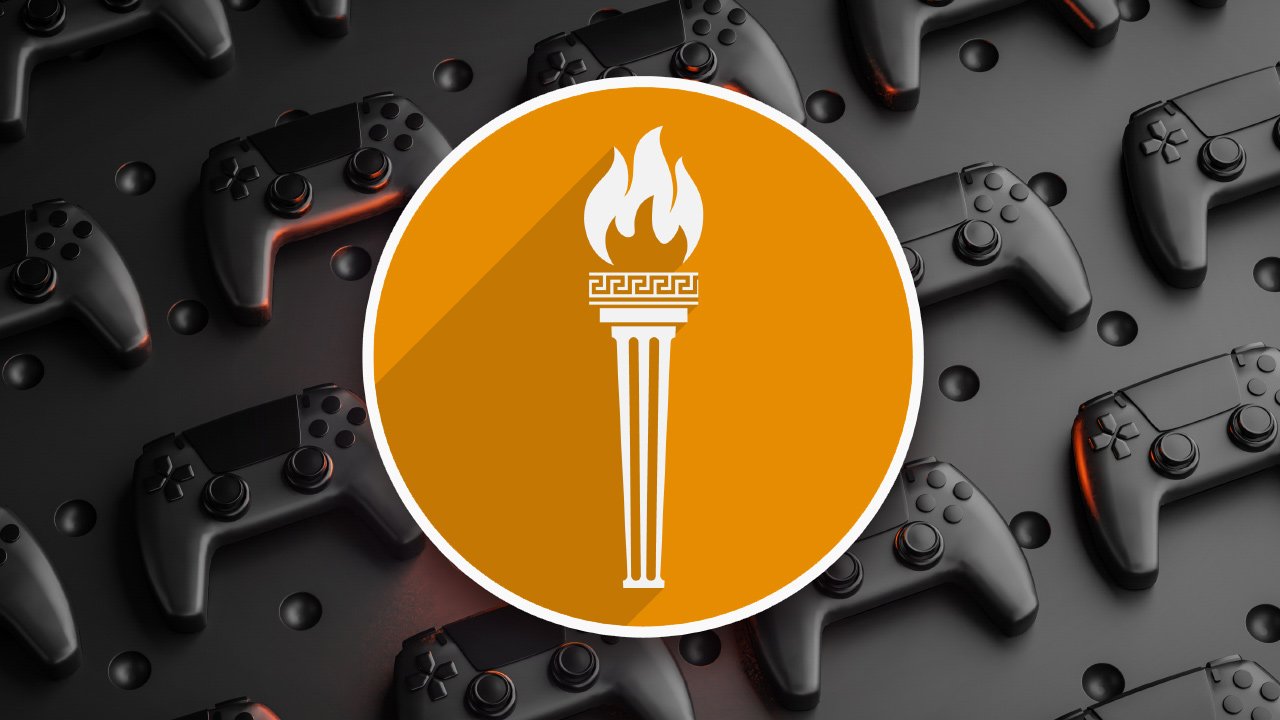 Given the impact of the pandemic on live-sports and increased global digitisation the International Olympic Committee softened its view of video games as Olympic sports. We investigate what this means for the future of competitive eSports in the future.
Given the impact of the pandemic on live-sports and increased global digitisation the International Olympic Committee softened its view of video games as Olympic sports. We investigate what this means for the future of competitive eSports in the future.An ongoing challenge for digital solutions and products is gaining the respect of established organisations and institutions. This is true of land-based casinos resistance to creating online partnerships, fiat-based banking resisting the inevitable transition to cryptocurrency and till quite recently the Olympic Committees reticence to acknowledge that esports deserves to stand alongside the traditional track and field events.
However, those mindsets have begun to shift, subtly in some instance and dramatically in others, as the long-term impact of the pandemic is realised on every aspect of life, including banking, sports, gambling and even education.
 Olympic Committee Looks to the Future
Olympic Committee Looks to the Future
 The International Olympic Committee (IOC) released a report outlining their vision for the Olympic Games for the next five years titled “Olympic Agenda 2020+5: 15 Recommendations”.
The International Olympic Committee (IOC) released a report outlining their vision for the Olympic Games for the next five years titled “Olympic Agenda 2020+5: 15 Recommendations”.
This report outlined the following key challenges which the IOC believe to be the roadmap for the development of a stronger more sustainable games:
- Solidarity – promoting unity and peace through unity in sports despite increasing social, political and economic polarisation.
- Digitalisation – accepting and integrating new technology in the face of the new digital normal created by the pandemic.
- Sustainable Development – the IOC sees an opportunity to make a real difference worldwide through their contribution to the UN Sustainable Development Goals.
- Credibility – transcend the loss of trust in traditional institutions through integrity, transparency, and good governance.
- Economic and Financial Resilience - emphasise the Olympic Games contribution to the recovery from the financial crisis triggered by the pandemic.
Of particular interest is their increasingly open-minded view of digital development and the new normal that is creates in a post-pandemic world:
“COVID-19 has accelerated the digitalisation of society. The physical and digital worlds are progressively merging. This gives us the opportunity to further embrace digital technology as a powerful tool to address people more directly and promote the Olympic values.”
This decision to step away from their 2017 claim that they did not believe competitive digital games should ever be considered as sporting activities could be the tipping point that one day sees Olympic eSports become a reality.
 Virtual Sports: A Green Shoot
Virtual Sports: A Green Shoot
 In the 2020+5 agenda the development of virtual sports and engaging “video gaming communities” was listed as one of the core recommendations for the future of the Olympic Games.
In the 2020+5 agenda the development of virtual sports and engaging “video gaming communities” was listed as one of the core recommendations for the future of the Olympic Games.
They have finally acknowledged the massive reach of video gaming and the power inherent in the communities that have formed in support of various competitive sports games such as FIFA, NBA and others digital sports games.
The IOC has also shown interest in the development of Virtual and Augmented Reality to include a level of physicality in games. This could mean the rise of new stars in sports such as archery, bowling, even skiing – all of who compete exclusively in the digital Olympics.
Their initial touchpoints for these developments would be to:
- Establish virtual and simulated forms of Olympic sports
- Launch unique Olympic products and experiences through virtual and simulated forms of sports
- The addition of physical virtual sports in the Olympic Programme
- Support local partnerships between sport and video gaming communities to encourage youth engagement
- Make available Olympic athlete-related online programmes and digital tools to the competitive video gaming community to support their physical and mental well-being
Ultimately the IOC believes that a virtual sports connection is an invaluable source of positive brand association for recognised sport teams and associations. Furthermore, it has the potential to serve as a drawcard, encouraging youth participation in the physical form of the sport they enjoy playing digitally.
With the IOC’s dedication to youth health and wellbeing through physical activity, this is a hot button topic for the future of virtual sports in the Olympics.
 The Future of Olympic eSports
The Future of Olympic eSports
 A seemingly glaring omission in the 2020+5 agenda is in specific inclusion of competitive esports in their current planning.
A seemingly glaring omission in the 2020+5 agenda is in specific inclusion of competitive esports in their current planning.
The short answer is that the IOC has several concerns about esports which currently hamper its inclusion in the Olympics:
- Most competitive esports are what deem to be “violent” games.
- The perceived lack of a healthy lifestyle that esports promotes.
- They have a preference for games based on real-world sports.
The Committee did however acknowledge the skill, training and dedication that esports stars apply to achieving the upper echelons of their respective disciplines. This statement goes a long way to having esports players recognised as ‘sports stars’ and not merely ‘gamers’ which in traditional circles has been used in a dismissive manner.
With cooperation between esports leagues and the IOC to include a health and fitness component to their contracts with Olympic hopefuls, increased education for the Committee on how the conflicts presented in video games are not triggers for real-life violence and the development of Olympics-aligned versions of popular games, the future of Olympic eSports is brighter than one might initially think.
The adoption of virtual sports will allow for video games to become a normal part of the Olympic Games conversation, much like how Bitcoin has been invaluable in educating and normalising cryptocurrencies.
Once the heads of the Olympic Committee are comfortable with virtual sports it will be a much simpler process to begin integrating a wide variety of competitive titles like Valorant, League of Legends, Magic the Gathering and myriads of other games that have fan bases that number in the multiple millions worldwide.
 How Olympic Sports Are Selected
How Olympic Sports Are Selected
 Assuming a world where virtual and esports are an accepted part of the Olympic Games, the question becomes how a particular sport gets approved as an Olympic sport.
Assuming a world where virtual and esports are an accepted part of the Olympic Games, the question becomes how a particular sport gets approved as an Olympic sport.
It is important to remember that there are two levels of Olympic approval for sporting events. First, there is IOC recognition which requires a sport to be overseen by an international non-governmental organisation. Secondly, the overseeing body must then administer and enforce all Olympic Movement Anti-Doping Code requirements.
At this point the sport is simply recognised by the IOC, it has not yet received the green light to be a sporting event that is competed in at the Olympic Games themselves.
Here are three key qualifying criteria for competitive sports:
- The sport must be played by men in a minimum of 75 countries across 4 continents.
- The sport must be played by women in a minimum of 40 countries across 3 continents.
- The sport must increase the value and appeal of the games worldwide.
Based on the criteria listed above every popular Battle Royale (Fortnite) and MOBA game (League of Legends) on Twitch should automatically qualify for inclusion in the Olympic Games, especially since the Committee has been known to add and remove competitive sports based on current media interest and public awareness.
Tags
esports virtual sports olympic games olympic committee ioc olympic agenda 2020+5 fortnite league of legends battle royale moba olympics
Related Blog Posts
-
CASINOS
- Popular
- Specialty
- Features
- Casinos By
-
BONUSES
- Popular
- By Type
-
GAMES
-
Slots
- Popular
- By Software
- Variations
- Features
-
Blackjack
- Popular
- Variations
- Features
-
Roulette
- Popular
- Variations
- Features
-
Video Poker
- Popular
- Variations
- Features
-
Craps
- Popular
- Features
-
Baccarat
- Popular
- Features
-
Poker
- Popular
- Variation
- Features
-
More Games
- Keno
- Bingo
- Fixed Odds
- Other Games
-
JACKPOTS
- Popular
- By Game
- By Software
-
COMMUNITY

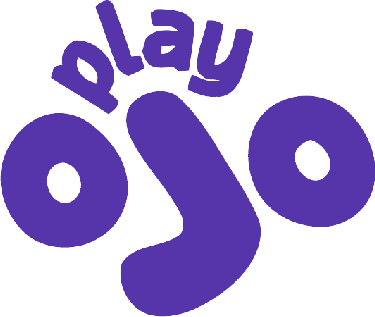
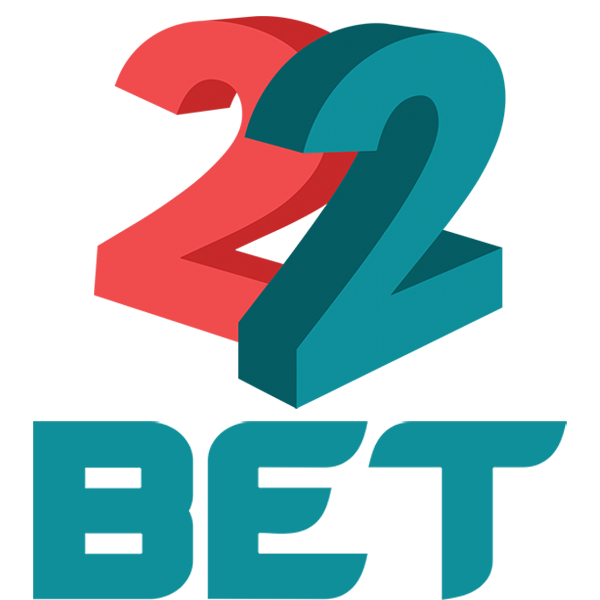
.png.0f651d9e8ab97819d8e6bcc89d162b26.png)

.png.a0acfd195007976e042ec7e6bcc699bc.png)





 The International Olympic Committee (IOC) released a report outlining their vision for the Olympic Games for the next five years titled “Olympic Agenda 2020+5: 15 Recommendations”.
The International Olympic Committee (IOC) released a report outlining their vision for the Olympic Games for the next five years titled “Olympic Agenda 2020+5: 15 Recommendations”.
 In the 2020+5 agenda the development of virtual sports and engaging “video gaming communities” was listed as one of the core recommendations for the future of the Olympic Games.
In the 2020+5 agenda the development of virtual sports and engaging “video gaming communities” was listed as one of the core recommendations for the future of the Olympic Games.
 A seemingly glaring omission in the 2020+5 agenda is in specific inclusion of competitive esports in their current planning.
A seemingly glaring omission in the 2020+5 agenda is in specific inclusion of competitive esports in their current planning.
 Assuming a world where virtual and esports are an accepted part of the Olympic Games, the question becomes how a particular sport gets approved as an Olympic sport.
Assuming a world where virtual and esports are an accepted part of the Olympic Games, the question becomes how a particular sport gets approved as an Olympic sport.





.jpg.6b9828f10acec861aa6d7ecd9550803e.jpg)
.jpg.0f083fed53833a901d7e4f85850a3502.jpg)

.jpg.80608d000033788c9aa397d7b5489349.jpg)
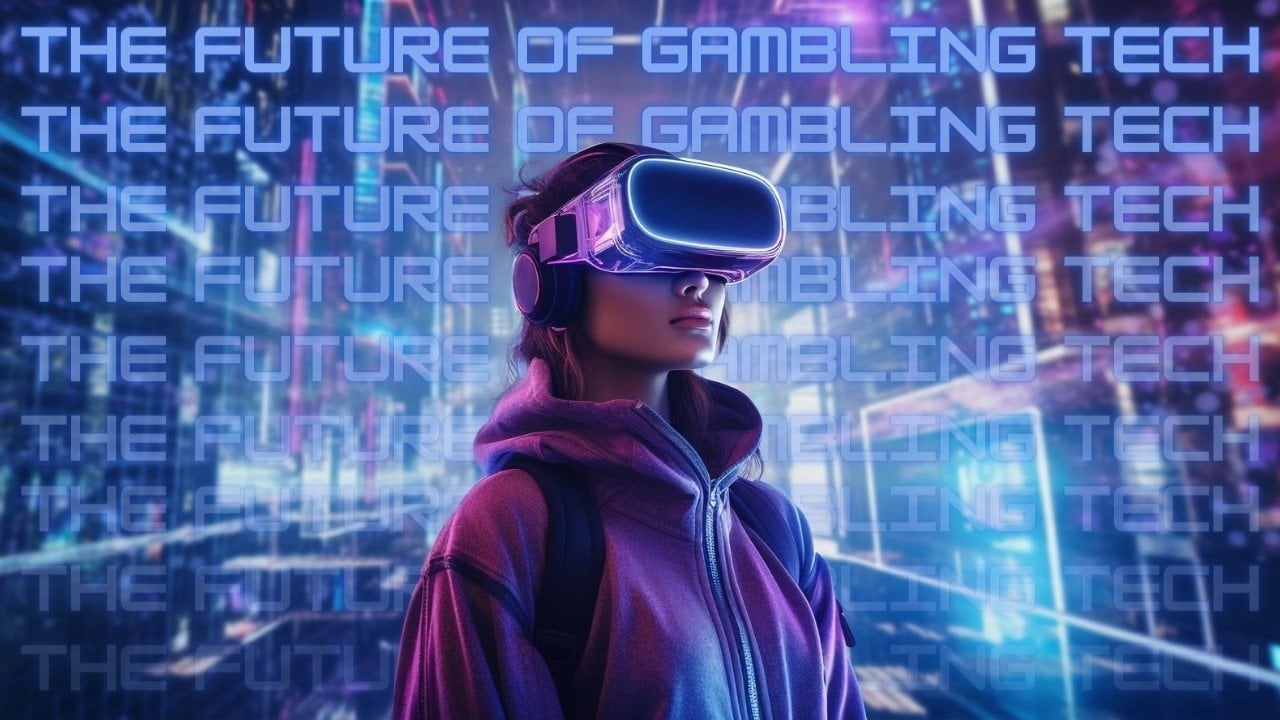
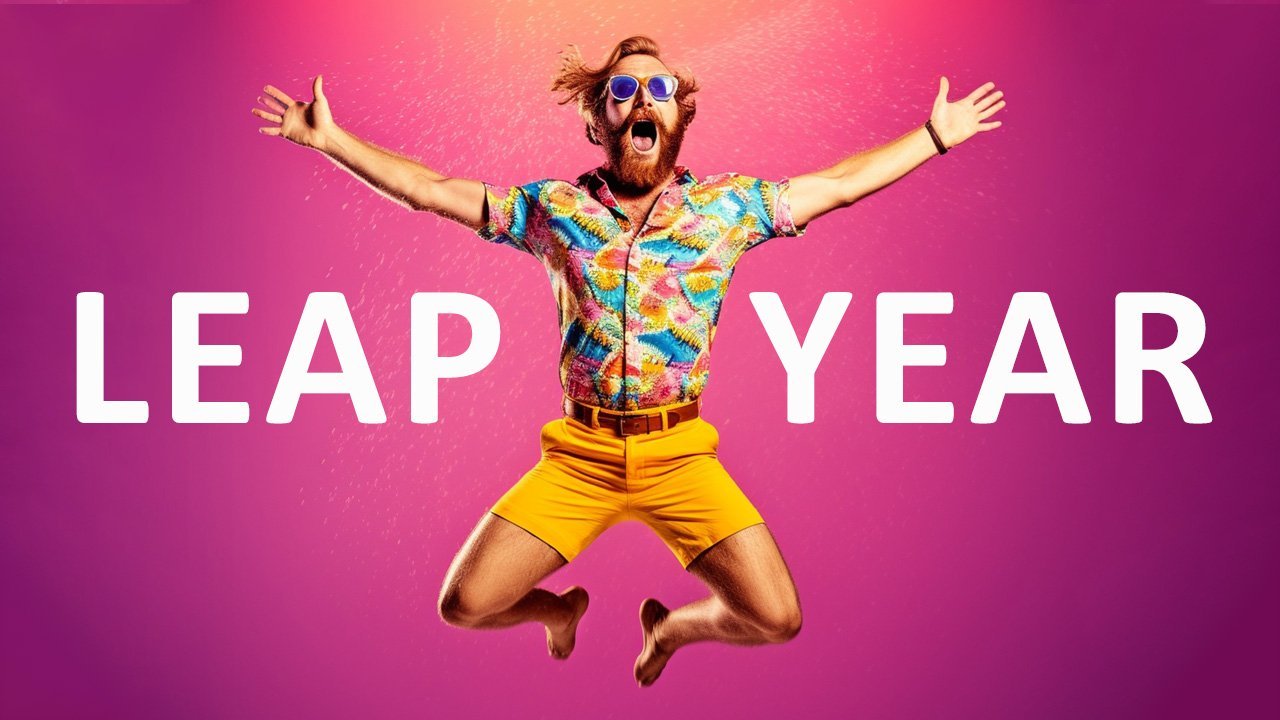



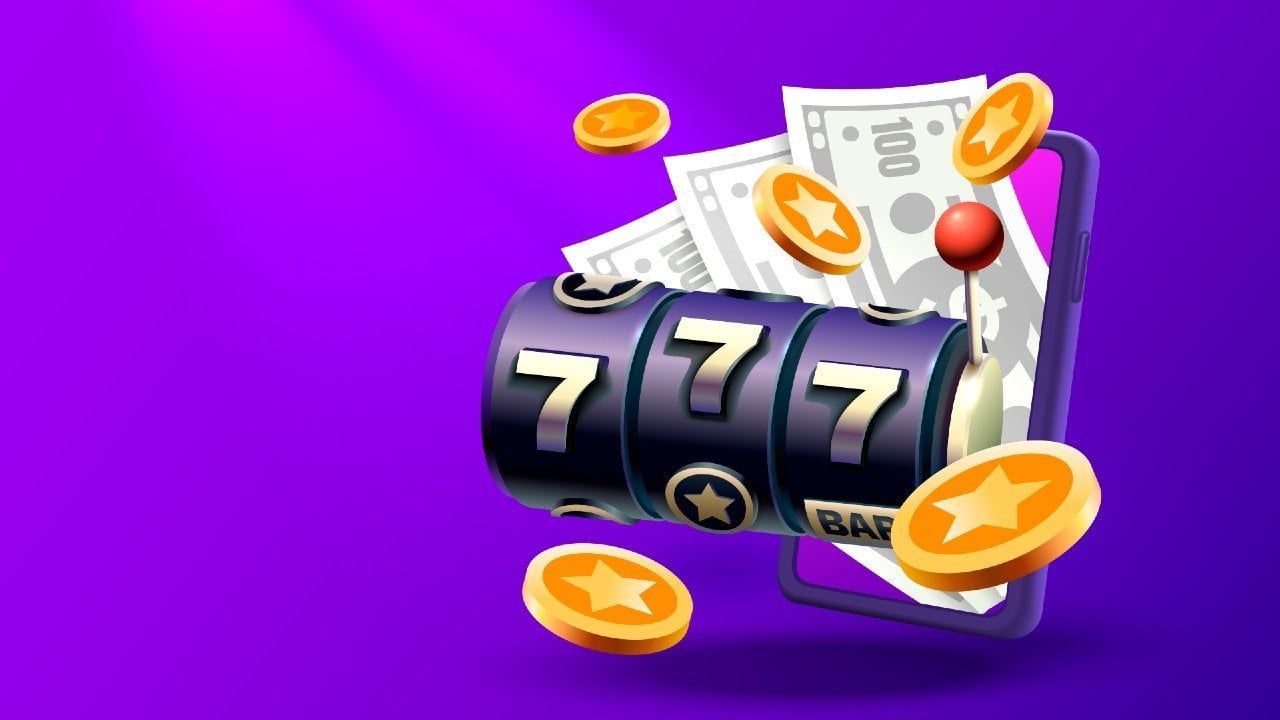
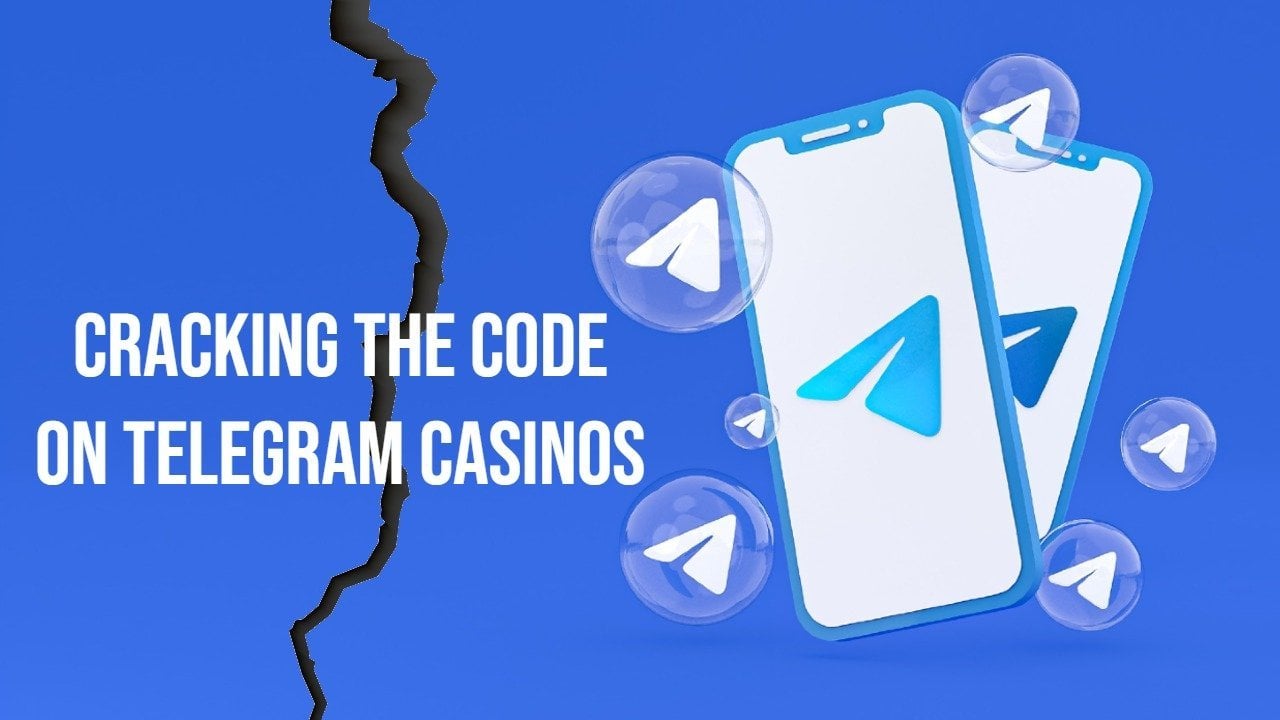

.jpg.6b9828f10acec861aa6d7ecd9550803e.jpg)
![Gauging Investors’ Stock Market Knowledge [Survey]](/uploads/monthly_2021_09/stock-market-smarts-header.jpg.ed9e6b59e99212d460da620a6bcb5d24.jpg)






Recommended Comments
There are no comments to display.
You can post now and register later. If you have an account, sign in now to post with your account.
Note: Your post will require moderator approval before it will be visible.
Write a comment